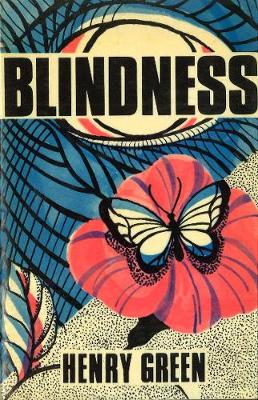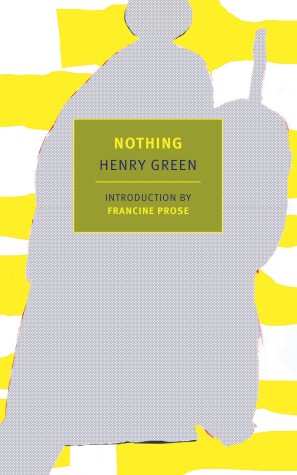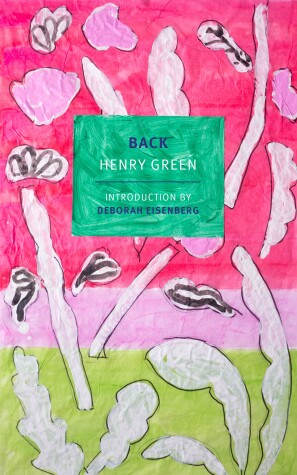British Literature
4 total works
Blindness has been much referred to and much discussed by Green's admirers, but for many years has been impossible to obtain. Its reissue coincides with the increasing recognition of Green's stature as a major modern English novelist.
Nothing, like the closely related Doting, is a book that is almost entirely composed in dialogue, since in these late novels nothing so interested Green as how words resist, twist, and expose our intentions; how they fail us, lead us on, make fools of us, and may, in spite of ourselves, even save us, at least for a time. Nothing spills over with the bizarre and delicious comedy and poetry of human incoherence.
Old Mr Rock, a widower, lives in a cottage with his granddaughter Elizabeth; his household includes Daisy the pig, Ted the goose and Alice the cat, but an additional member threatens in the person of Sebastian Birt, the schoolteacher whom Elizabeth wants to marry. Birt teaches in the state institution for girls run by two authoritarian spinsters, the inseparable Misses Edge and Baker.
One sunny summer's morning, the morning of the Founders' Day Ball, as Mr Rock goes up to the school to fetch his pig-swill for Daisy, it is discovered that two of the girls have gone missing in the night. As he pursues the unfolding events of this crowded day and eavesdrops on the conversations up at the school and down at the cottage, Henry Green subtly teases out all the hidden ambitions and lusts, the suspicions and jealousies that are rife just beneath the placid surface of the institution. With an unmatched ear for dialogue and an absolute mastery in the depiction of character, he imbues this apparently routine school day with a powerful charge of drama and superb comic effect.



